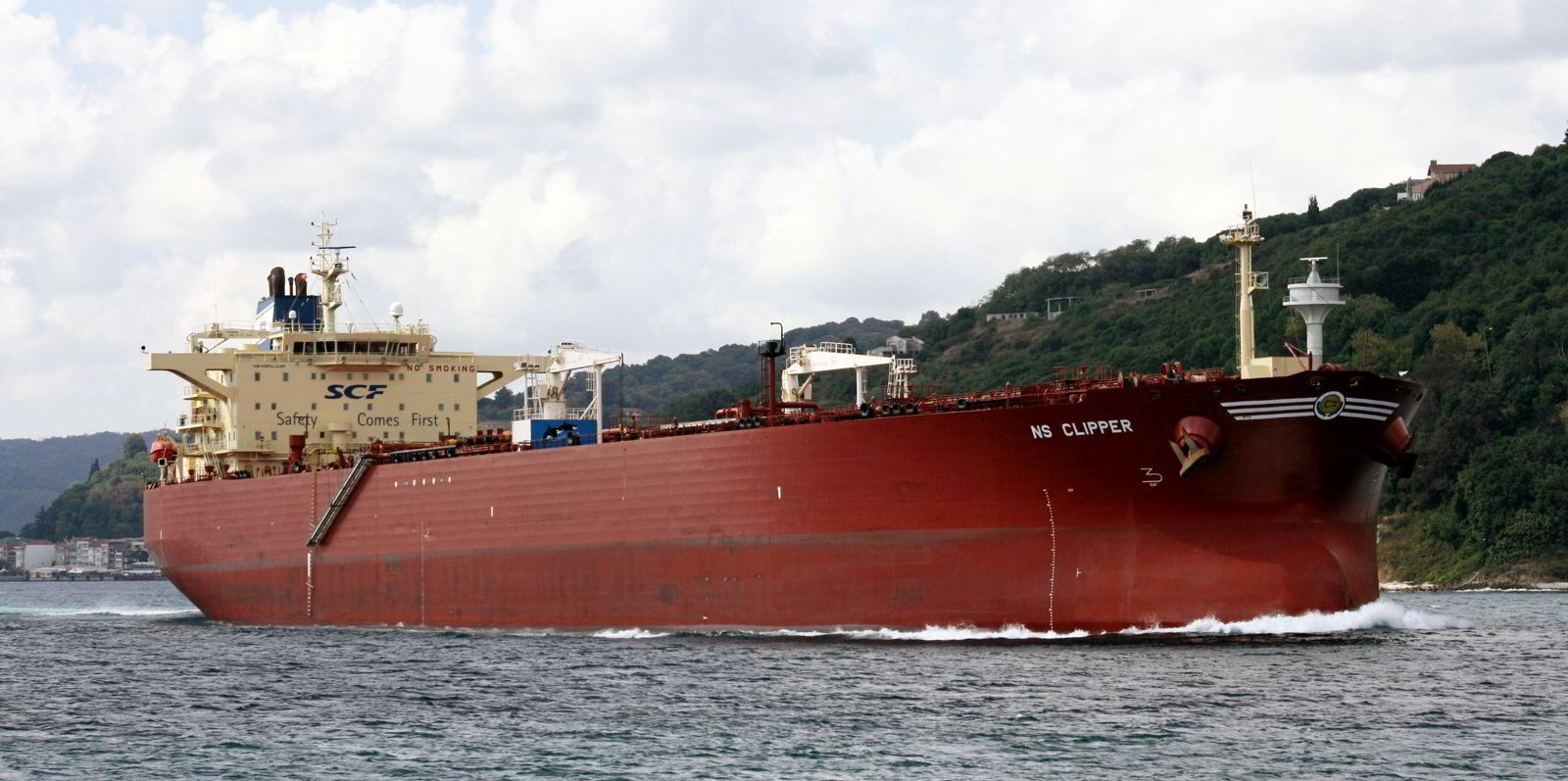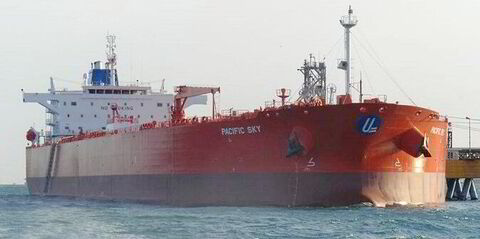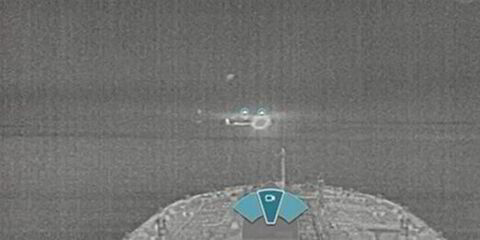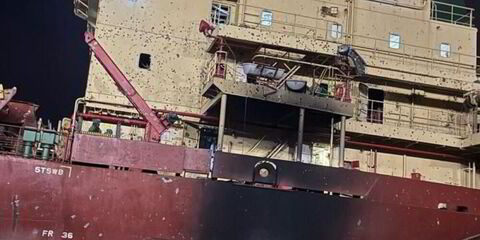Turkey today appeared to be shutting the door on Ukraine’s request to block Russian ship moves in the Bosphorus and other parts of the Turkish Straits on Friday.
Even if Turkey decided to invoke the relevant clauses in the Montreux treaty, the international instrument that governs ship traffic through the Straits, Russian warships would have the right to pass the Bosphorus once, on a final one-way voyage back to their Black Sea bases, Turkey’s foreign minister Mevlut Cavusoglu told reporters on Friday.
At the moment it isn’t even clear if the conflict in Ukraine formally qualifies as a war that would allow Turkey to take such a step and Turkish legal experts are currently pouring over the matter, wire reports cited the foreign minister as saying.
The Turkish Straits consist of the Bosphorus, the Sea of Marmara and the Hellespont strait further south.
Being Russia’s only gateway from the landlocked Black Sea to the Mediterranean Sea and beyond, they are a potential chokehold for the country’s navy.
Their importance for Russia is highlighted by the fact that it is by far their biggest military user.
According to the latest available full-year report on the Montreux treaty’s implementation, Russia alone accounted for 62% of the 214 navy vessel crossings registered in 2019.
The United States, the next biggest military user of the Turkish Straits, accounted for just 10% of all crossings. Ukraine, which is Russia’s adversary and has a tiny navy with a minimal capacity to project power outside its own waters, didn’t perform a single passage in that year.
The Bosphorus plays a smaller role for Russian commercial vessels.
Nearly 40,000 ships transit the Bosphorus each year and Russian-flagged ships account for less than 10% of that. However, the gateway is hugely important for the Russian crude oil and tanker business carried on vessels flying other flags, mainly Malta’s, Liberia’s, Panama’s or of the Marshall Islands.
Turkey’s capacity to interfere with commercial shipping is even more restricted than its capacity to meddle with the military one.
According to the Montreux treaty, commercial and navy vessels alike enjoy almost complete freedom of passage and navigation in the straits, even in time of war — provided that Turkey itself isn’t a belligerent.
Turkey has full discretion over which war vessels to allow through the straits only if it is itself a belligerent or if it deems itself “to be threatened with imminent danger of war”.
Merchant vessels, by contrast, continue enjoying full freedom to cross the Bosphorus even when Turkey is at war, on the condition that they do not belong to an enemy state or assist it.
The Montreux treaty has stood the test of time well since it was adopted in 1936 and Turkey would be loath to be seen to violate it.
The shipping and international communities cherish the Montreux regime so much, that observers even raised concerns last year that Turkish plans to build an artificial waterway parallel to the Bosphorus might undermine it.
Turkish officials, however, dismissed such fears. Montreux rules would continue to apply for the new $10bn project dubbed Istanbul Canal, they said.
TradeWinds reporters across the globe are covering the shipping implications on the Russia-Ukraine crisis.




